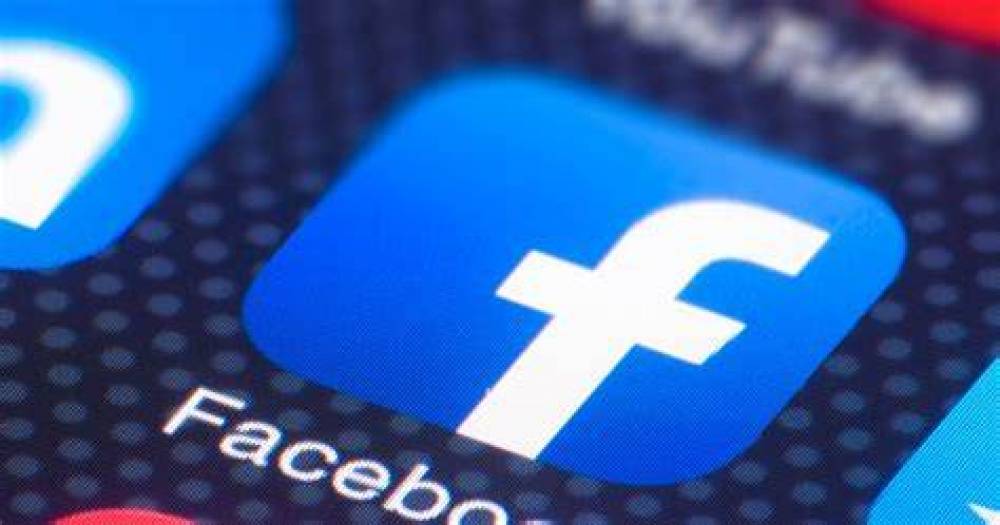
A Consortium Led By Facebook Is Extending Cable Connectivity To Southern And Eastern Nigeria
A consortium led by Facebook is extending cable connectivity to southern and eastern Nigeria
The 2Africa project, spearheaded by social media giant Facebook and seven other companies — China Mobile International, MTN GlobalConnect, Orange, stc, Telecom Egypt, Vodafone, and WIOCC — is expanding its undersea Internet cable network by adding four new branches to its 37,000-kilometer length.
Seychelles, Angola, the Comoro Islands and a new landing in South-East Nigeria are now connected to the cable system as a result of the addition of the new branches. They will become part of the recently announced expansion to include the Canary Islands as well.
Several new branches will be established by Alcatel Submarine Networks (ASN), a cable systems provider owned by Nokia, according to a Facebook statement. This will bring the total number of 2Africa landings to 35 in 26 countries, up from the previous total of 22.
Facebook announced this project in May 2020, claiming that the cable connection would provide nearly three times the total network capacity of all subsea cables serving Africa at the time of its announcement.
Significant progress has been made
According to Facebook, significant progress has been made, and the cable is expected to be operational by the end of 2023. The majority of the subsea route survey work has now been completed, and ASN has begun manufacturing the cable that will be used to deploy the first segments of the network in 2022.
One of the cable's most important segments, the Egypt terrestrial crossing, which connects landing sites on the Red and Mediterranean Seas via two completely different terrestrial routes, has also been completed ahead of schedule, according to the company. This segment will be supplemented by a third, more diverse marine path that will run through the Red Sea.
Africa is hampered by a lack of Internet connectivity. According to a Factsheet published by the GSM Association in 2020, mobile Internet adoption in Sub-Saharan Africa stood at 26 percent in 2019. The region is home to nearly half of the world's population who does not have access to a mobile broadband network, according to the United Nations.
It turns out that infrastructure is not the real problem, according to the International Telecommunications Union's Digital Trends Report 2021. As of the end of 2019, at least one submarine cable landing had taken place in 28 African countries.
According to data from Many Possibilities, the coasts of the West and East African continents each have Internet cables with a capacity of at least 100 terabits per second. The number could more than double by the end of 2021.
Increasing the number of subsea cables does not result in increased Internet capacity. Because of increased competition, service providers may only be required to pay a lower connection fee. According to the theory, this should lower the cost of data for end-users.
However, it is possible that this will not always be the case. For example, Nigeria is said to have the most expensive Internet in the world, according to reports.

